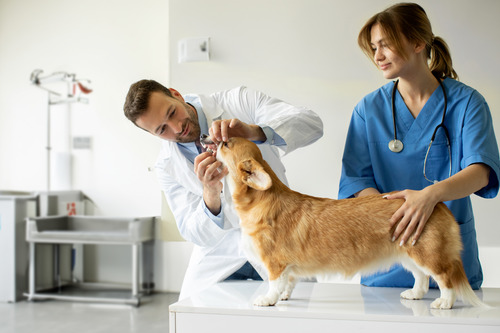Your pet’s dental health plays a crucial role in their overall well-being. Just like humans, pets can develop dental disease, which can lead to pain, infection, and even systemic health issues if left untreated. Regular dental care, including professional cleanings and necessary treatments, is essential to prevent these problems. At Dix Hills Animal Hospital, we are committed to helping you understand dental procedures and providing safe, high-quality care to ensure your pet’s oral health is in the best hands. If your veterinarian has recommended a dental procedure for your pet, you might be wondering what to expect. From anesthesia safety to potential extractions, our team will walk you through our dental procedure process so you can be better prepared to care for your pet.
Why Your Pet May Need a Dental Procedure
Many pets develop plaque and tartar buildup, which can lead to gingivitis, periodontal disease, and tooth loss over time. Unlike humans, pets won’t sit still for a thorough dental examination, making it difficult to assess their oral health while they are awake. During a veterinary dental exam, your pet may need:
- Dental Scaling and Polishing – Just like a human dental cleaning, this removes plaque and tartar.
- Dental X-Rays – These help identify hidden issues beneath the gum line.
- Tooth Extractions – If a tooth is broken, severely decayed, or infected, removal may be the best option.
What Happens During a Pet Dental Procedure?
A professional dental procedure at Dix Hills Animal Hospital follows a comprehensive, step-by-step process to ensure your pet’s safety and comfort.
Pre-Anesthetic Evaluation
Before your pet undergoes any procedure, we perform pre-surgical bloodwork to assess their overall health and detect any conditions that could pose a risk under anesthesia. Older pets, in particular, may require additional testing, such as an echocardiogram if they have underlying heart disease.
Anesthesia and Safety Measures
Since pets won’t willingly sit through a thorough dental cleaning or extraction, anesthesia is necessary. We take every precaution to minimize risks and ensure a smooth experience for your pet. Safety measures include:
- IV Catheter Placement – This allows us to administer fluids and medications as needed.
- Continuous Monitoring – Blood pressure, oxygen levels, heart rate, and carbon dioxide levels are closely tracked.
- Pre-Anesthetic Medications – Given to reduce anxiety and pain before the procedure begins.
- Endotracheal Intubation – A breathing tube ensures your pet receives oxygen and prevents aspiration.
Dental Cleaning and X-Rays
Once your pet is fully anesthetized, our veterinary team will:
- Remove plaque and tartar using ultrasonic scaling
- Polish teeth to smooth enamel and reduce future buildup
- Take dental X-rays to identify any hidden disease below the gum line
Many pet owners don’t realize that much of a pet’s dental disease is not visible to the naked eye. X-rays are essential to detect root infections, bone loss, or fractures that could be causing pain.
When Are Extractions Necessary?
If an X-ray or dental exam reveals a damaged or infected tooth, an extraction may be recommended. Extractions are only performed when absolutely necessary to eliminate pain and prevent infection from spreading.
How We Manage Pain for Extractions
To keep your pet comfortable before, during, and after extractions, we use:
- Local Anesthetic Blocks – Similar to Novocaine at a human dentist
- Pain Medications – Given during and after the procedure to manage discomfort
- Antibiotics – If infection is present, we may prescribe antibiotics to support healing
If extractions are required, Dix Hills Animal Hospital provides pet owners with clear communication. You may choose to receive a phone call during the procedure for updates and cost estimates.
Post-Dental Recovery: What to Expect
After the procedure, your pet will be closely monitored as they wake up from anesthesia. Our recovery protocols prioritize safety and comfort, including:
- Warm, comfortable bedding to prevent chills
- Continuous monitoring until fully awake
- Pain management medications to ease discomfort
How to Maintain Your Pet’s Dental Health at Home
While professional cleanings are necessary for long-term oral health, daily home care can help reduce plaque buildup between vet visits. Here are some easy ways to keep your pet’s teeth healthy:
- Brush their teeth regularly with pet-safe toothpaste
- Provide dental chews and toys that help remove plaque
- Use water additives designed for oral health
- Schedule annual veterinary exams to catch dental issues early
Understanding dental procedures is key to making informed decisions about your pet’s health. At Dix Hills Animal Hospital, we are committed to safe, effective, and compassionate dental care for pets. Whether your pet needs a routine cleaning or more advanced treatment, our experienced veterinary team will provide the highest level of care. If you have questions about your pet’s dental health or need to schedule an appointment, call us today at (631) 271-8383 or book an appointment online!





